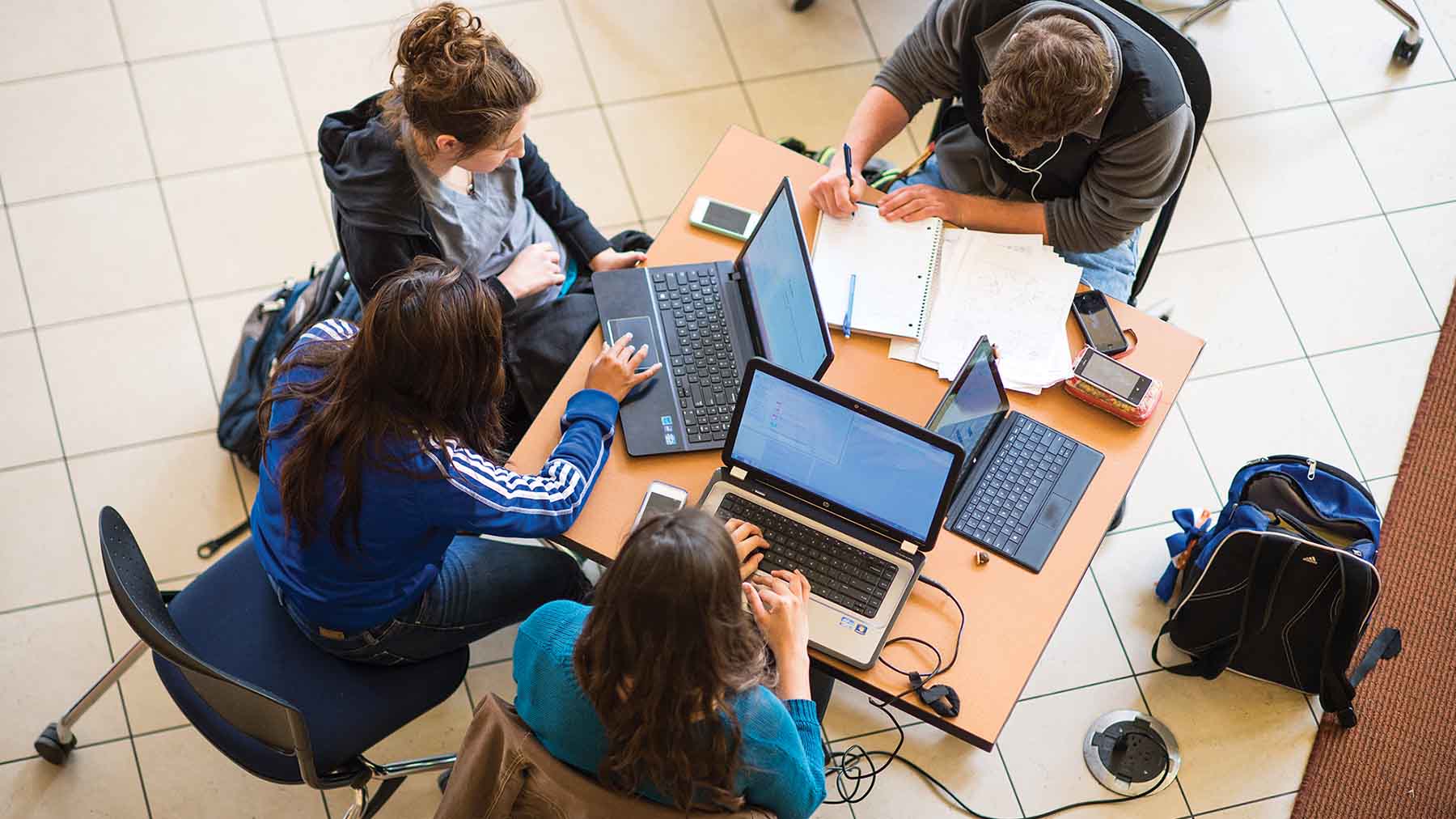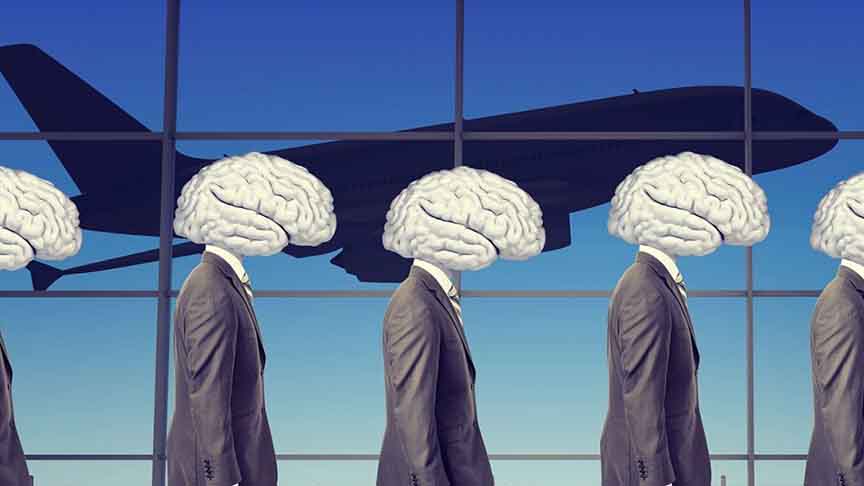Impact of Sri Lanka’s ongoing socio-economic crisis on university students’ mental health
- සුව අරණ
- Hits: 1378
As we all know, Sri Lanka is currently facing a socio-economic crisis that has affected the lives of people in a drastic way. Both former and current governments of the country have acquired an excessive amount of loans from several organizations and other countries throughout all these years. These imprudent actions resulted to make Sri Lanka a country with unbearable external debt. Domestic expenditure surpasses the national income and the civilians are going through numerous problems due to this worse situation in the country which has influenced both their physical and mental health.
University students are also included in this category of people who go through this suffering. This ongoing crisis seems to affect their mental health unfavorably to the point that some undergraduates are stopping their higher education. The higher education system has been interrupted even before the economic crisis came into view. The Easter Attack and the COVID-19 pandemic had already gotten in the way of higher education. The universities were not conducted physically for a long time, and that had resulted in a standstill in the students’ education. Students had been confined to their homes and the studies were carried out through online platforms. It took a considerably longer time for them to get adjusted to online education and they went through various difficulties. All these obstacles were causing more than enough stress to the mental health of university students when this new issue emerged.
The current situation has created new complications in their lives. Instead of spending their time for educational purposes, nowadays they have to stay in fuel queues and gas queues to fulfill their day-to-day needs. They have become unable to attend universities physically even after the COVID-19 pandemic has subsided. It is the lack of transportation facilities and excessive daily expenditure that make it impossible for undergraduates to continue their higher studies physically. The riots are happening frequently nowadays while the government imposts police curfew whenever the public goes against them. The situation in Sri Lanka does not appear stable anymore in the eyes of students. All these factors evidently affect the mental health of university students, and they are facing numerous psychological issues at the moment.
This situation has caused most of them to no longer believe that higher education can help them to achieve success in their lives. It is because they can barely see a promising future in Sri Lanka. It is natural for them to be doubtful about their future in a country where normal people cannot even fulfill their basic needs. They know that their families are hardly surviving despite these issues. As a result of this, some students have stopped continuing their higher studies and started doing jobs in order to help their families financially. They have lost local job opportunities because organizations no longer recruit new people due to their inability to pay wages. The students who were hoping to go abroad after higher education, have lost their homes since many countries do not issue visas for Sri Lankans now.
Likewise, it is crystal clear that university students are presently handling too many stressors which badly influence their stability of mental health. They are pursuing higher education in a country that does not provide them with an educational friendly atmosphere. They are compelled to carry out their studies while coping with multiple difficulties generated by the ongoing socio-economic crisis.
B. M. A. Thilini Anupama,
2nd Year Student,
Department of Philosophy,












































